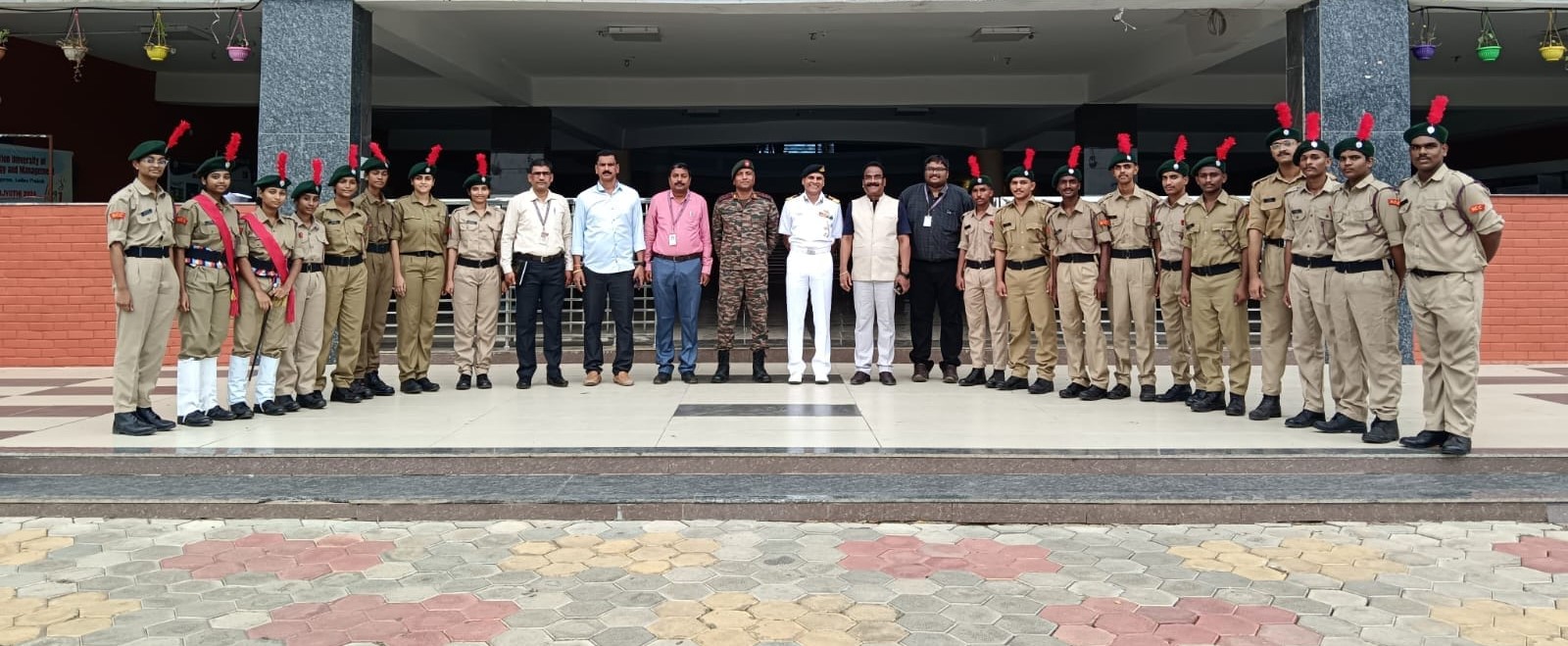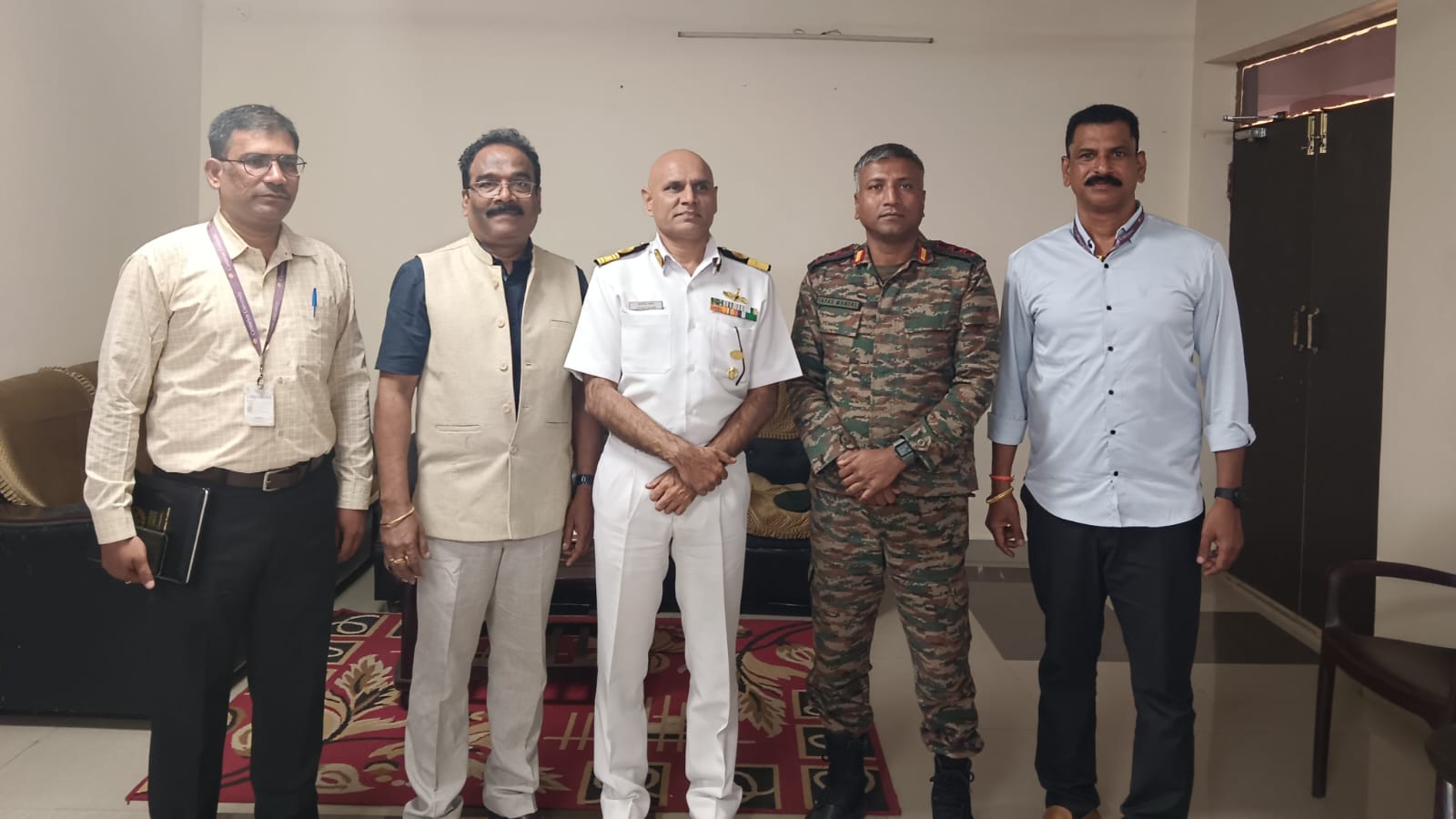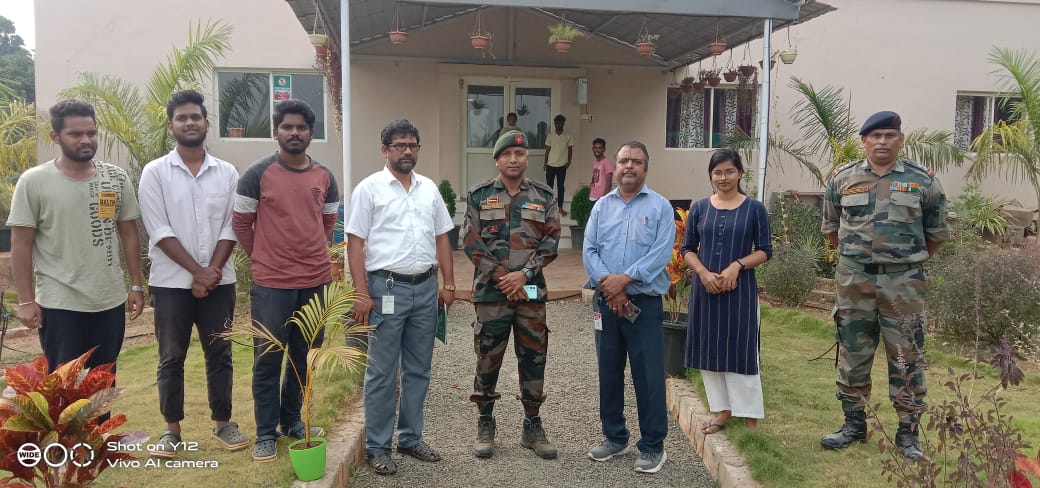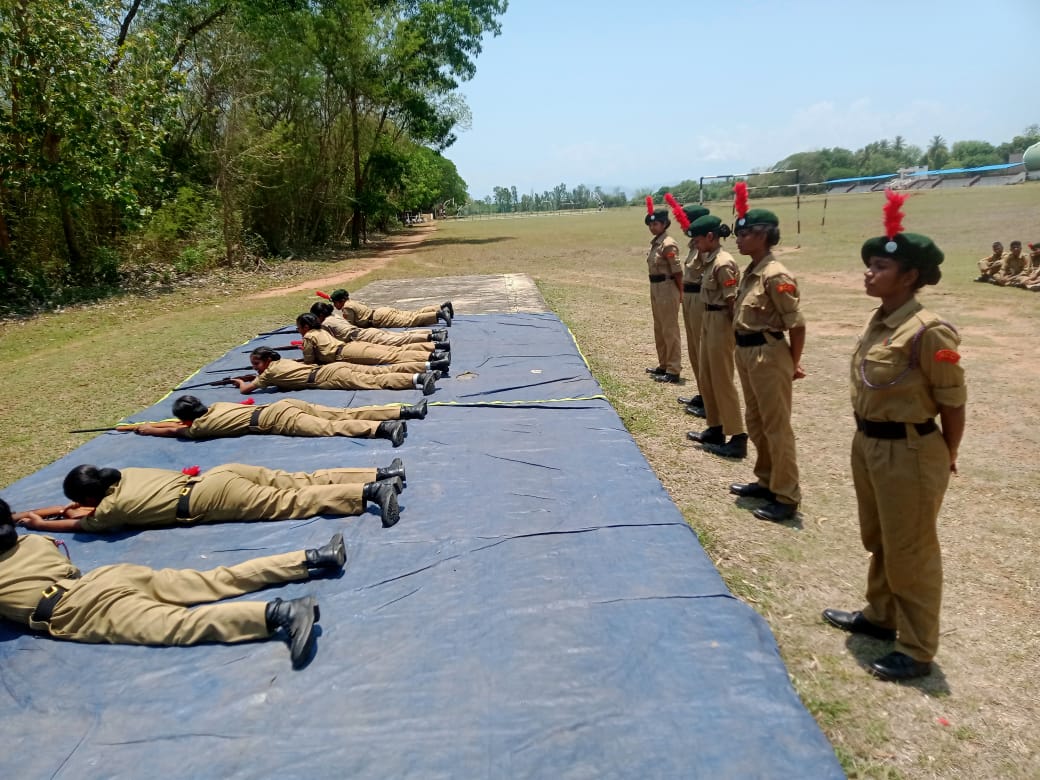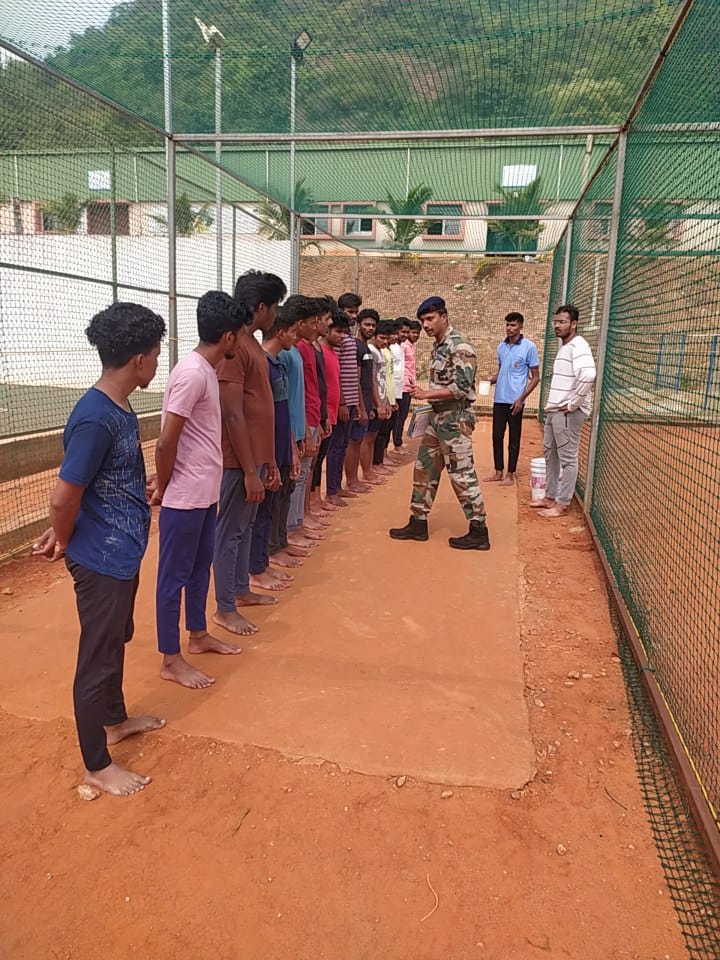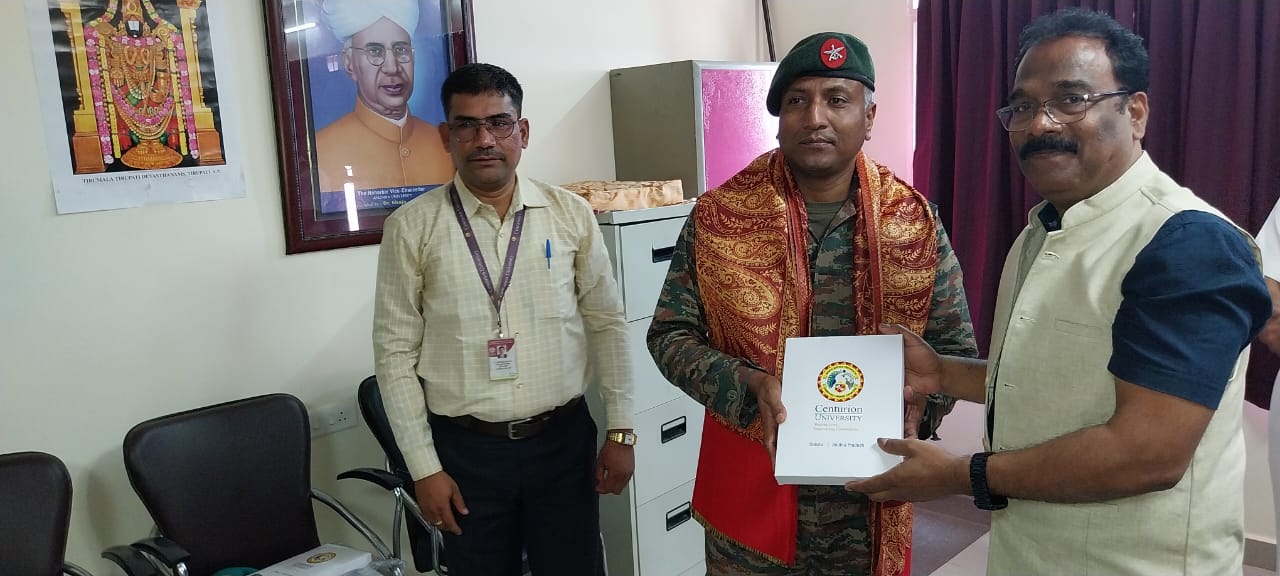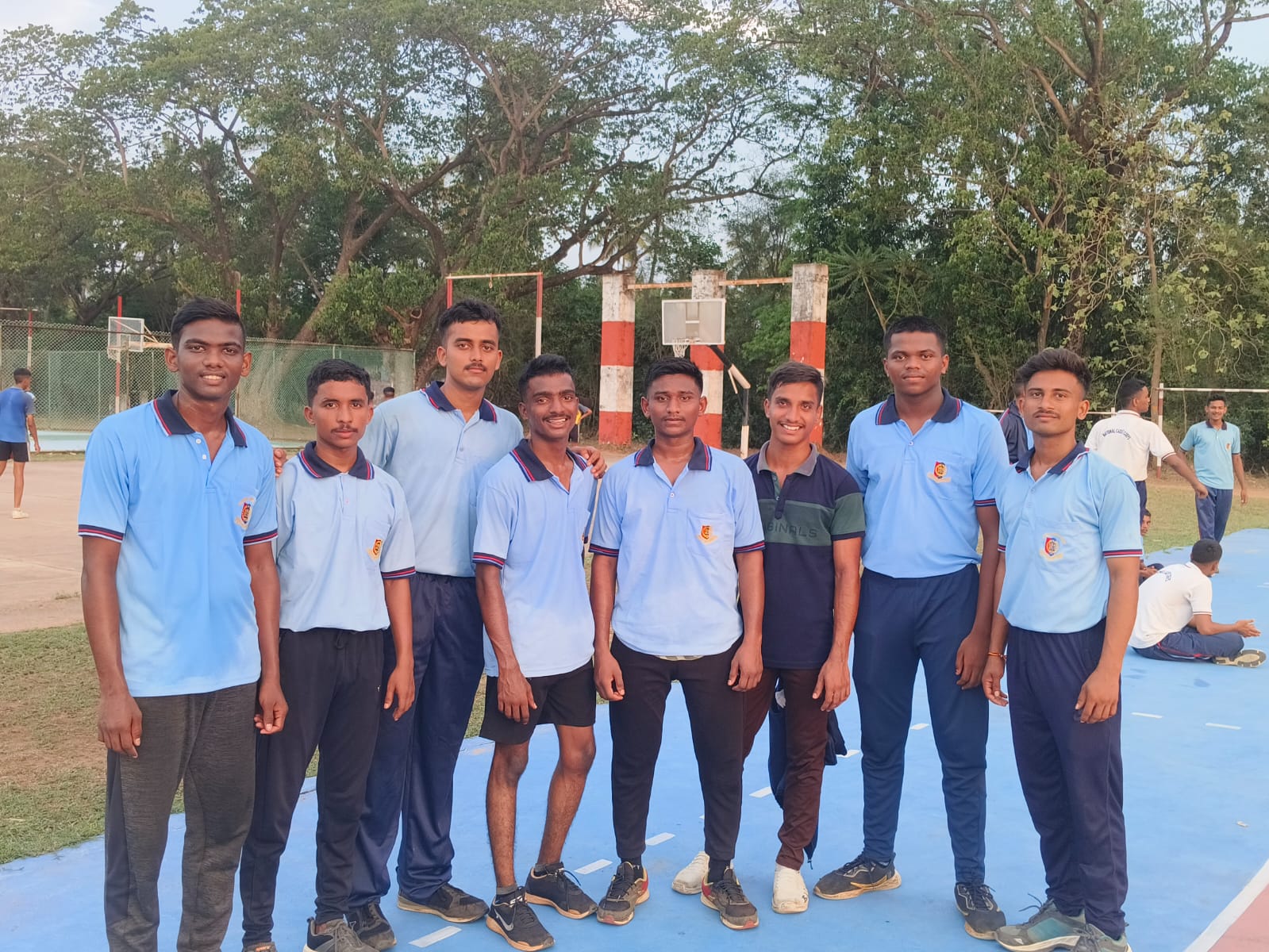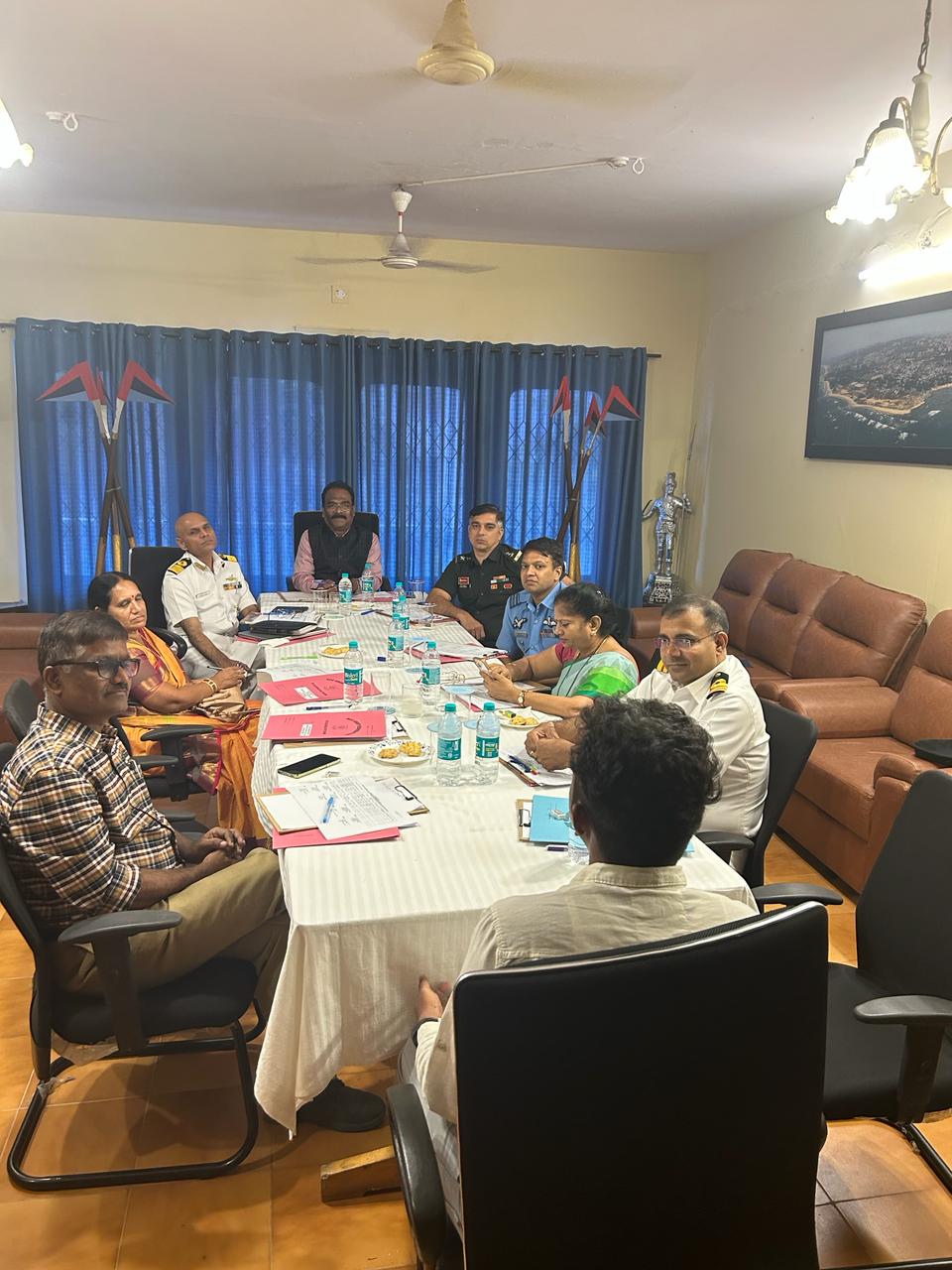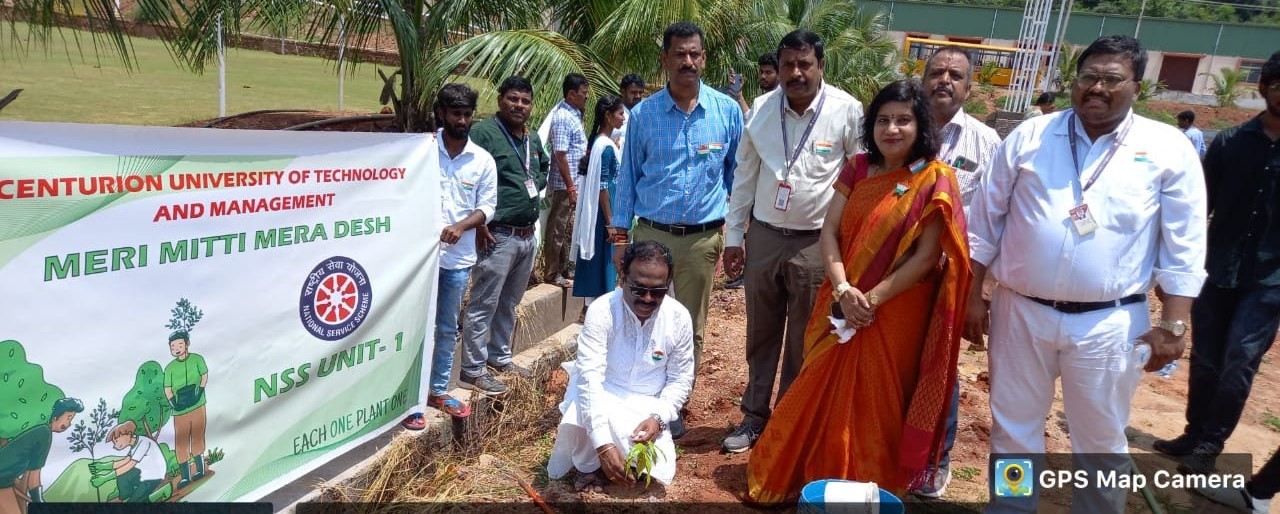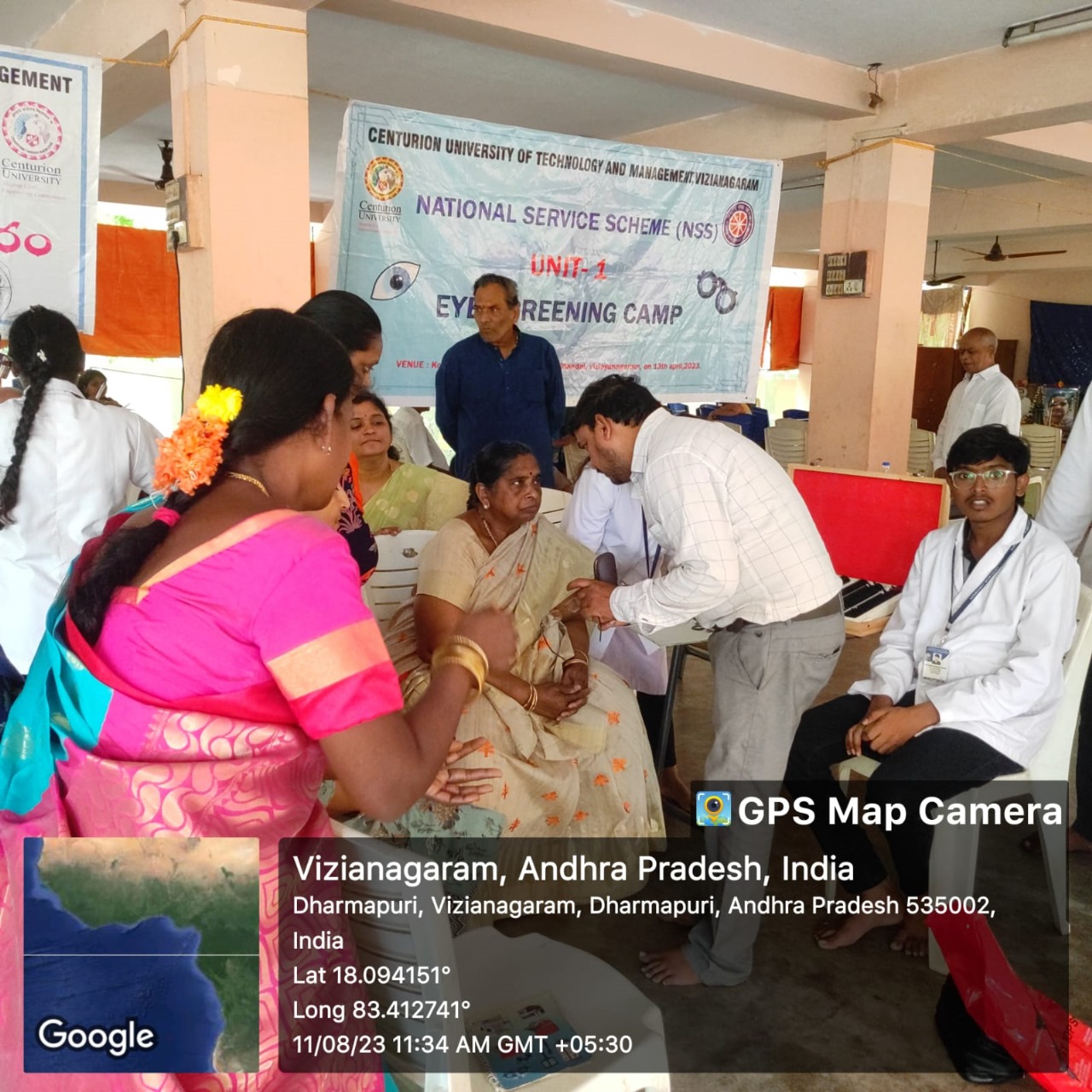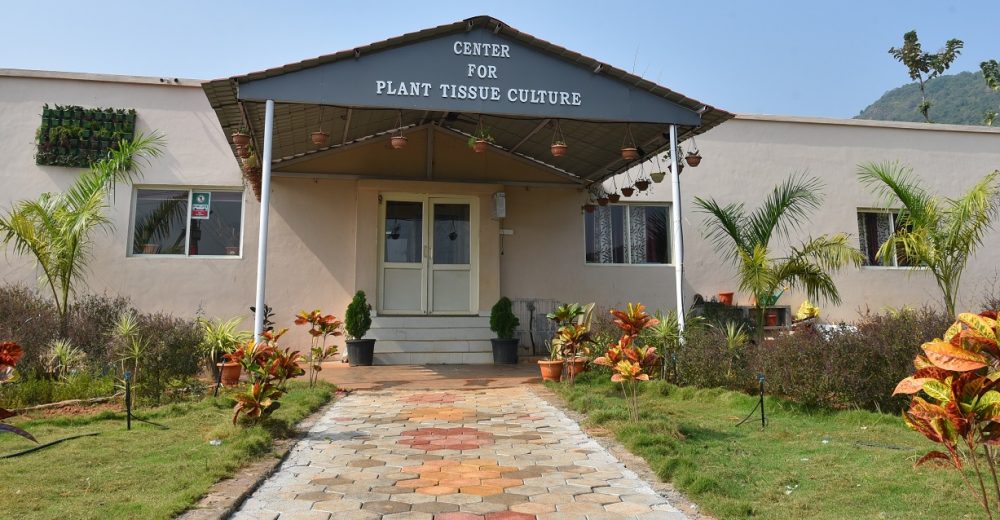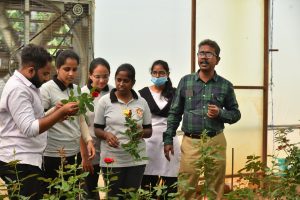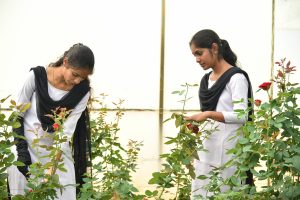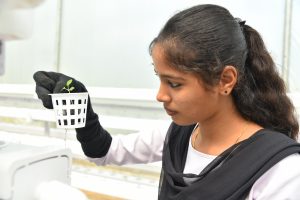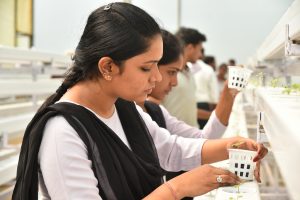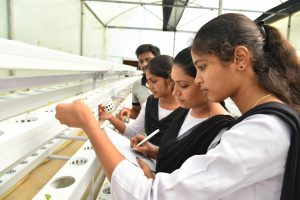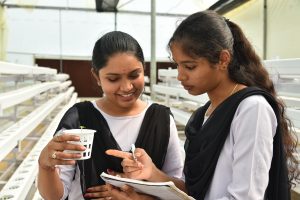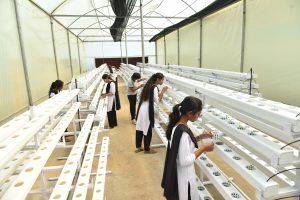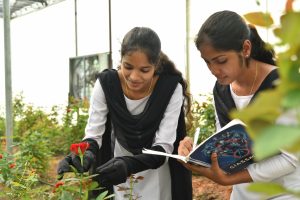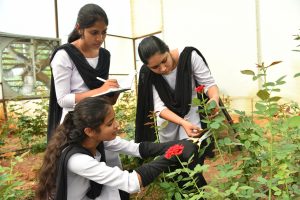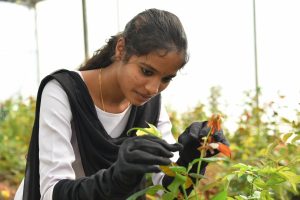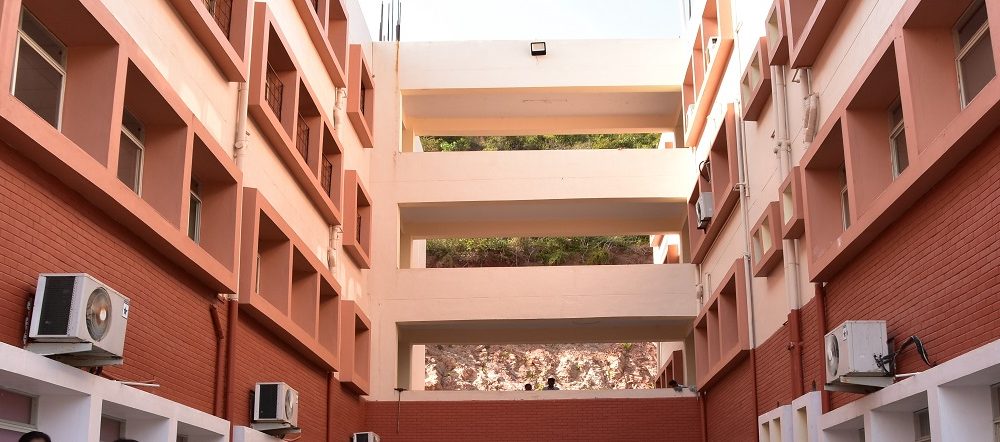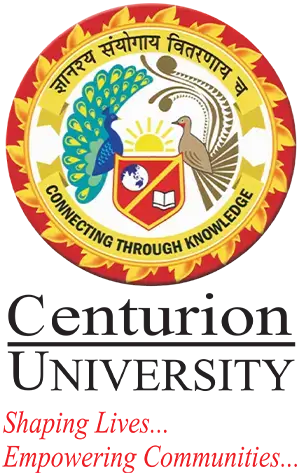Download Brochure
Overview:
Centurion University’s School of Pharmacy will going to open B.Pharm and D.Pharm programme very soon.
VISION:
To be a globally recognized pharmacy education and research centre through integrating knowledge and skill to advance pharmaceutical formulation development and provide health care services to under privileged communities.
MISSION:
- Nurture youth pharmacists into knowledgeable, skillful and ethical professionals.
- To develop skilled pharmacists to support health care at national and international level.
- To ensure affordable health care by developing pharmaceutical formulations using in house resources.
- To inculcate the mindset for entrepreneurship and innovativeness to enrich the healthcare system.
- To support research in diverse ways by lunching partnership and collaborations.
- To be a socially responsible and adhere to the highest standards of professional conduct.
Principal’s Message
As the most juvenile school in this university, we strive to embody the vision and mission of our esteemed university. Our vision is to be a globally recognized pharmacy education and research centre through integrating knowledge and skill to advance pharmaceutical formulation development and provide health care services to under privileged communities. Through progressive research, experiential learning, and interdisciplinary collaboration, we prepare students to address the evolving healthcare needs of our global society. As part of our university’s mission to promote academic excellence and social responsibility, our School is dedicated to advancing the pharmacy profession through education, research, and community engagement. We are committed to nurturing a diverse and inclusive learning environment where students can thrive, develop their skills, and contribute positively to the health and well-being of individuals and communities worldwide.

Contact:
Dr. Himansu Bhusan Samal
Principal
School of Pharmacy
Contact No: +91 9493393994
Email id: himansubhusan.samal@cutm.ac.in


